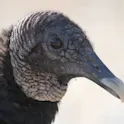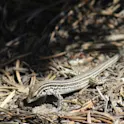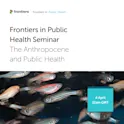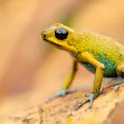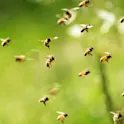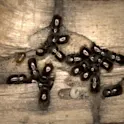
Life sciences
14 Apr 2023
‘Farmer’ beetle finds suitable host trees by tracing scent of its fungus crop
By Mischa Dijkstra, Frontiers science writer Alnus ambrosia beetles (Xylosandrus germanus) in their galleries, tending the brood and fungus. Image credit: Antonio Gugliuzzo Alnus ambrosia beetles (Xylosandrus germanus) are invasive, destructive pests of trees. For the first time, ecologists have identified volatile compounds released by the beetles’ own fungal symbiont as odors that attract females to existing colonies. These chemicals could be used to trap the beetles before they infest and kill new trees. The alnus ambrosia beetle Xylosandrus germanus, also known as the black stem borer, was accidentally introduced by humans from its native east Asia to North America and Europe around the beginning of the 20th century. X. germanus is a so-called ambrosia beetle, which means that it farms its own food: a specialized fungal symbiont which it ‘sows’ and tends inside the galleries that it digs inside wood. It is a destructive invasive pest, known to attack more than 200 species from 51 families of broadleaf and conifer trees. While it prefers to colonize dead wood, it can also infest and ultimately kill weakened or stressed trees. A proven way to monitor or even control insect pests is by hijacking their communication system and manipulating it to […]

